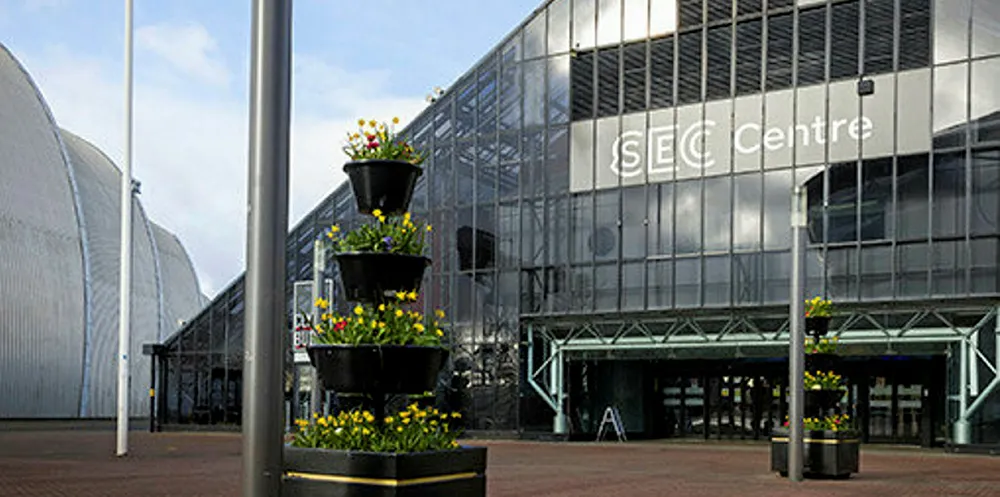COP26 climate summit postponed to 2021 as venue is repurposed as Covid-19 hospital
Glasgow conference moved to next year as organisers say green agenda will be crucial to post-virus rebuilding

Glasgow conference moved to next year as organisers say green agenda will be crucial to post-virus rebuilding
